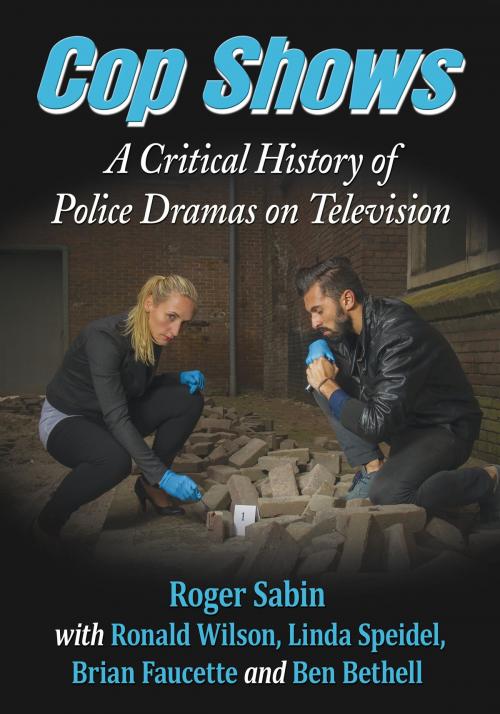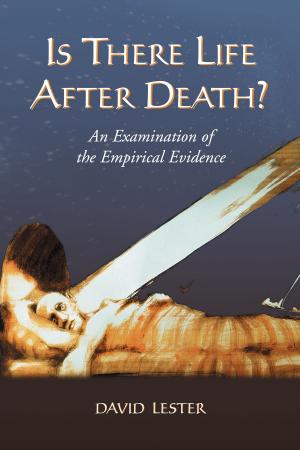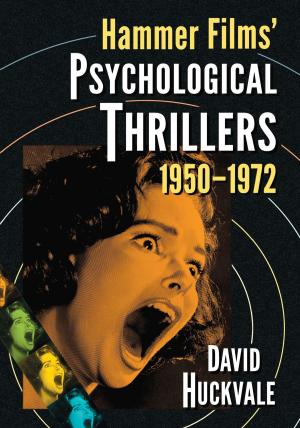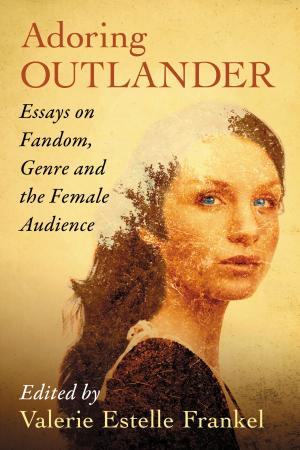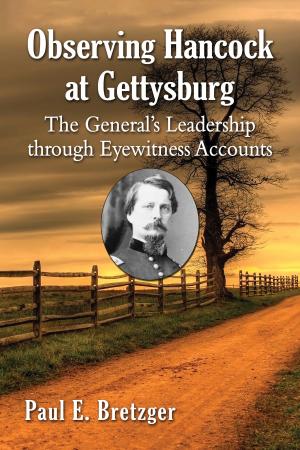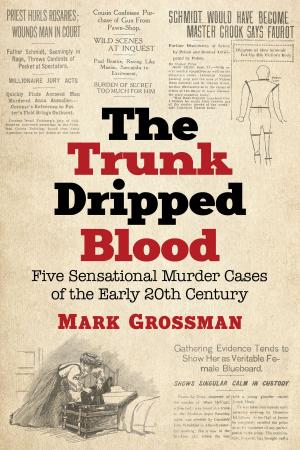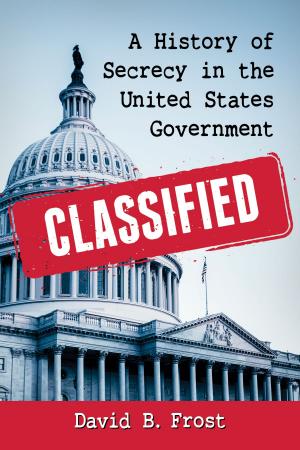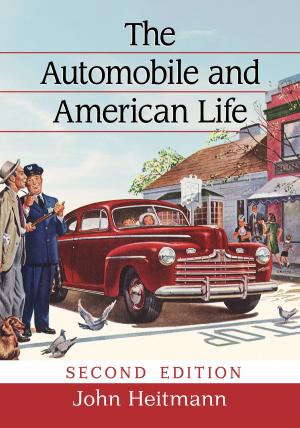Cop Shows
A Critical History of Police Dramas on Television
Nonfiction, Entertainment, Television, Performing Arts, Social & Cultural Studies, Social Science, Crimes & Criminals, Criminology| Author: | Roger Sabin, Ronald Wilson, Linda Speidel | ISBN: | 9781476616438 |
| Publisher: | McFarland & Company, Inc., Publishers | Publication: | March 7, 2015 |
| Imprint: | Language: | English |
| Author: | Roger Sabin, Ronald Wilson, Linda Speidel |
| ISBN: | 9781476616438 |
| Publisher: | McFarland & Company, Inc., Publishers |
| Publication: | March 7, 2015 |
| Imprint: | |
| Language: | English |
From cops who are paragons of virtue, to cops who are as bad as the bad guys...from surly loners, to upbeat partners...from detectives who pursue painstaking investigation, to loose cannons who just want to kick down the door, the heroes and anti-heroes of TV police dramas are part of who we are. They enter our living rooms and tell us tall tales about the social contract that exists between the citizen and the police. Love them or loathe them—according to the ratings, we love them—they serve a function. They’ve entertained, informed and sometimes infuriated audiences for more than 60 years. This book examines Dragnet, Highway Patrol, Naked City, The Untouchables, The F.B.I., Columbo, Hawaii Five-O, Kojak, Starsky & Hutch, Hill Street Blues, Cagney & Lacey, Miami Vice, Law & Order, Homicide: Life on the Street, NYPD Blue, CSI, The Shield, The Wire, and Justified. It’s time to take another look at the “perps,” the “vics” and the boys and girls in blue, and ask how their representation intersects with questions of class, gender, sexuality, and “race.” What is their socio-cultural agenda? What is their relation to genre and televisuality? And why is it that when a TV cop gives a witness his card and says, “call me,” that witness always ends up on a slab?
From cops who are paragons of virtue, to cops who are as bad as the bad guys...from surly loners, to upbeat partners...from detectives who pursue painstaking investigation, to loose cannons who just want to kick down the door, the heroes and anti-heroes of TV police dramas are part of who we are. They enter our living rooms and tell us tall tales about the social contract that exists between the citizen and the police. Love them or loathe them—according to the ratings, we love them—they serve a function. They’ve entertained, informed and sometimes infuriated audiences for more than 60 years. This book examines Dragnet, Highway Patrol, Naked City, The Untouchables, The F.B.I., Columbo, Hawaii Five-O, Kojak, Starsky & Hutch, Hill Street Blues, Cagney & Lacey, Miami Vice, Law & Order, Homicide: Life on the Street, NYPD Blue, CSI, The Shield, The Wire, and Justified. It’s time to take another look at the “perps,” the “vics” and the boys and girls in blue, and ask how their representation intersects with questions of class, gender, sexuality, and “race.” What is their socio-cultural agenda? What is their relation to genre and televisuality? And why is it that when a TV cop gives a witness his card and says, “call me,” that witness always ends up on a slab?
